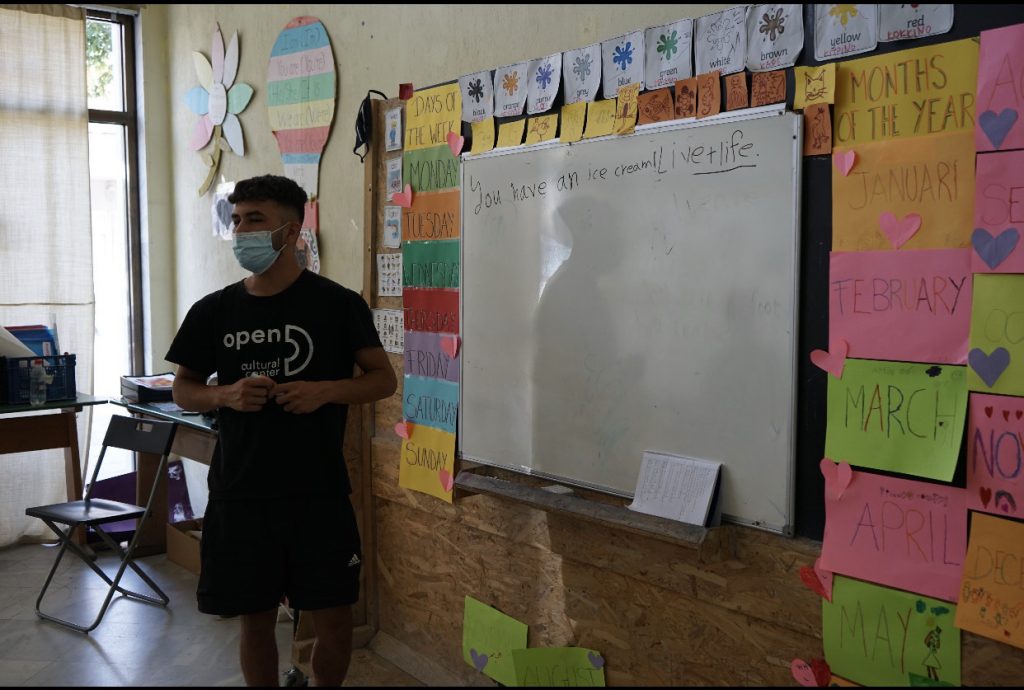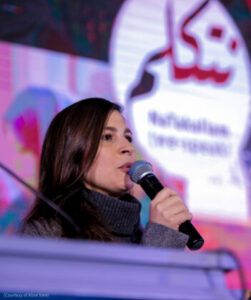
Refugees bring valuable language skills
By Lauren Monsen
Language-instruction services have proliferated in recent years. And now, in the United States, a platform called NaTakallam (“we speak” in Arabic) has tapped into a valuable resource: refugees, many of whom are well educated and eager to teach their native languages.

NaTakallam was co-founded in 2015 by Aline Sara, a New Yorker of Lebanese origin who had just completed her master’s degree, and her former classmate Reza Rahnema, a Frenchman born to Iranian parents. Sara had been looking for a tutor to help her with conversational Arabic. Meanwhile, she knew that Syrians who fled their country’s civil war were pouring into neighboring Lebanon but were having trouble getting work permits there.
Noting complementary needs, Sara and Rahnema leveraged the internet to provide online language services worldwide. The service is used by individual learners and by organizations, including 200 elementary and secondary schools across the U.S. Children as young as age 5 at these schools are able to hear the stories of refugees, Sara said.
“Our refugee and host-community tutors and translators are mostly based in the Middle East, Europe, Africa and Latin America,” Sara said. NaTakallam offers language services in Armenian, Kurdish, Persian, Spanish, French and English, in addition to Arabic in multiple dialects.
While NaTakallam isn’t the only business that helps refugees earn an income — Starbucks, the Seattle-based chain of coffeehouses, announced its commitment to hiring 10,000 refugees by the end of 2022, for example — it’s one of the few ventures whose workforce is almost entirely refugees. (The U.K.-based startup Chatterbox, which also hires refugees to provide language services, was launched in 2016.)
Since its inception 6 1/2 years ago, NaTakallam has distributed more than $1 million in income to over 200 workers worldwide. Sara said too many organizations see refugees as passive recipients of aid, but her enterprise sees them as “active agents of society and the economy who have much to offer.”
Building bridges
Alhallak said he combined his knowledge of formal Arabic with the various dialects he learned as a journalist. Since joining NaTakallam, he has taught students from more than 18 countries. Many have been interested in learning about his culture while they master Arabic. He helps them understand not only refugee life, but also how Syrians lived before their displacement by civil war.
Alhallak said one of the perks of his job is that he learns from his students about their lives, too.
Source: Shareamerica


